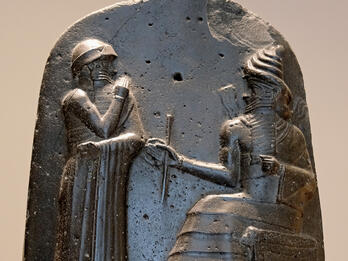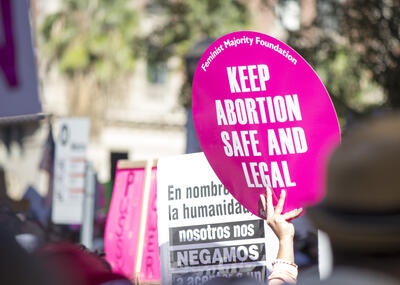Crimes against Persons
Biblical Period
12He who fatally strikes a man shall be put to death. [ . . . ]
15He who strikes his father or his mother shall be put to death.
16He who kidnaps a man—whether he has sold him or is still holding him—shall be put to death.
17He who insultsa his father or his mother shall be put to death.
18When men quarrel and one strikes the other with stone or…
These verses from Exodus focus on differentiating crimes that are categorized as crimes against a person from crimes that are classified as property damage. The rationale for determining the appropriate punishment for each of these crimes reflects ancient Israelite values such as respect for one’s elders, responsibility for the greater community’s safety, and respect and protection for those granted personhood. Concepts of personhood reflect a social hierarchy, with parents above children and enslaved people.
Why do you think two of these laws include the mother and father, rather than adults more generally?
How are enslaved individuals perceived in this passage?
Did these punishments fit these crimes in your view?
Related Guide
Law in the Hebrew Bible
Biblical law, including a focus on social justice, is essential to the relationship between God and the people of Israel.
Related Guide
The Term "Torah" and Its Meaning
The Hebrew Bible has many terms for law, including torah, which came to mean not just biblical law but all authoritative Jewish teaching.

Related Guide
The Ancient Near Eastern Background of Biblical Law
Biblical law was influenced by the legal collections of its powerful neighbors, especially the Babylonians and Assyrians.
You may also like

Jewish Perspectives on Reproductive Rights
Since Roe v. Wade was overturned in June of 2022, abortion’s political, religious, and social impact has been at the forefront of political debate in the United States.


